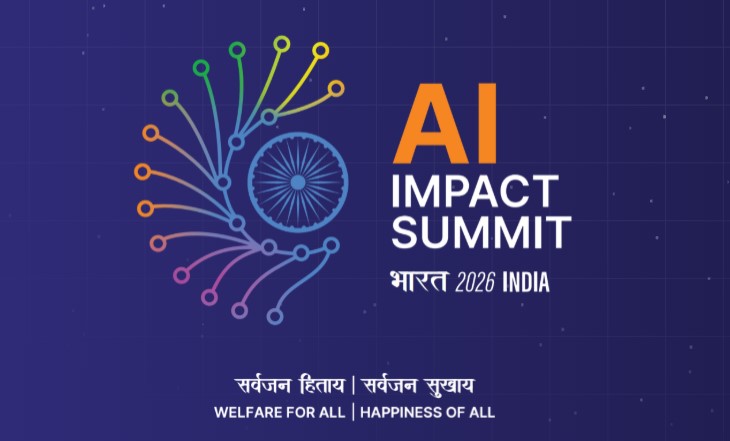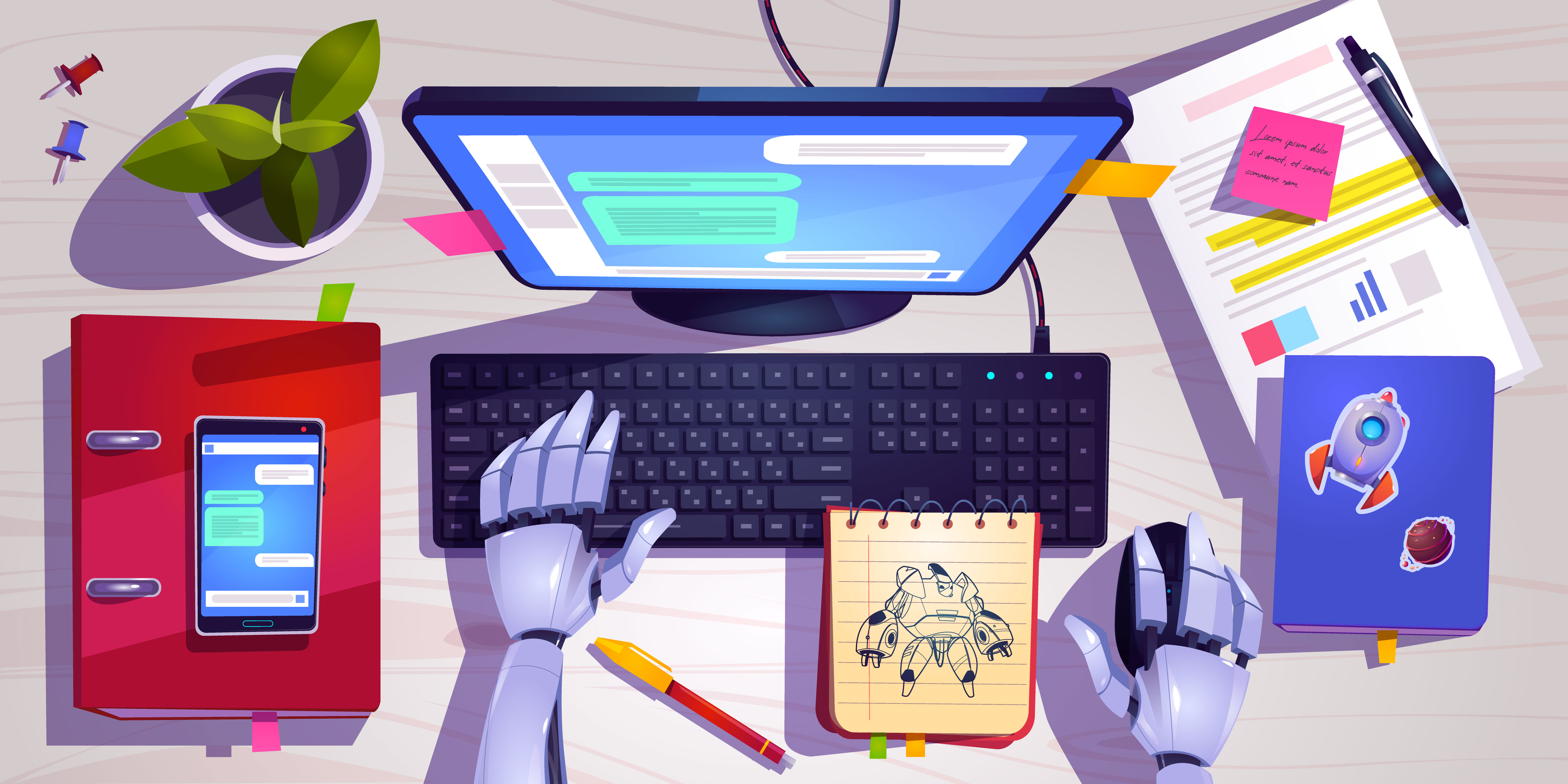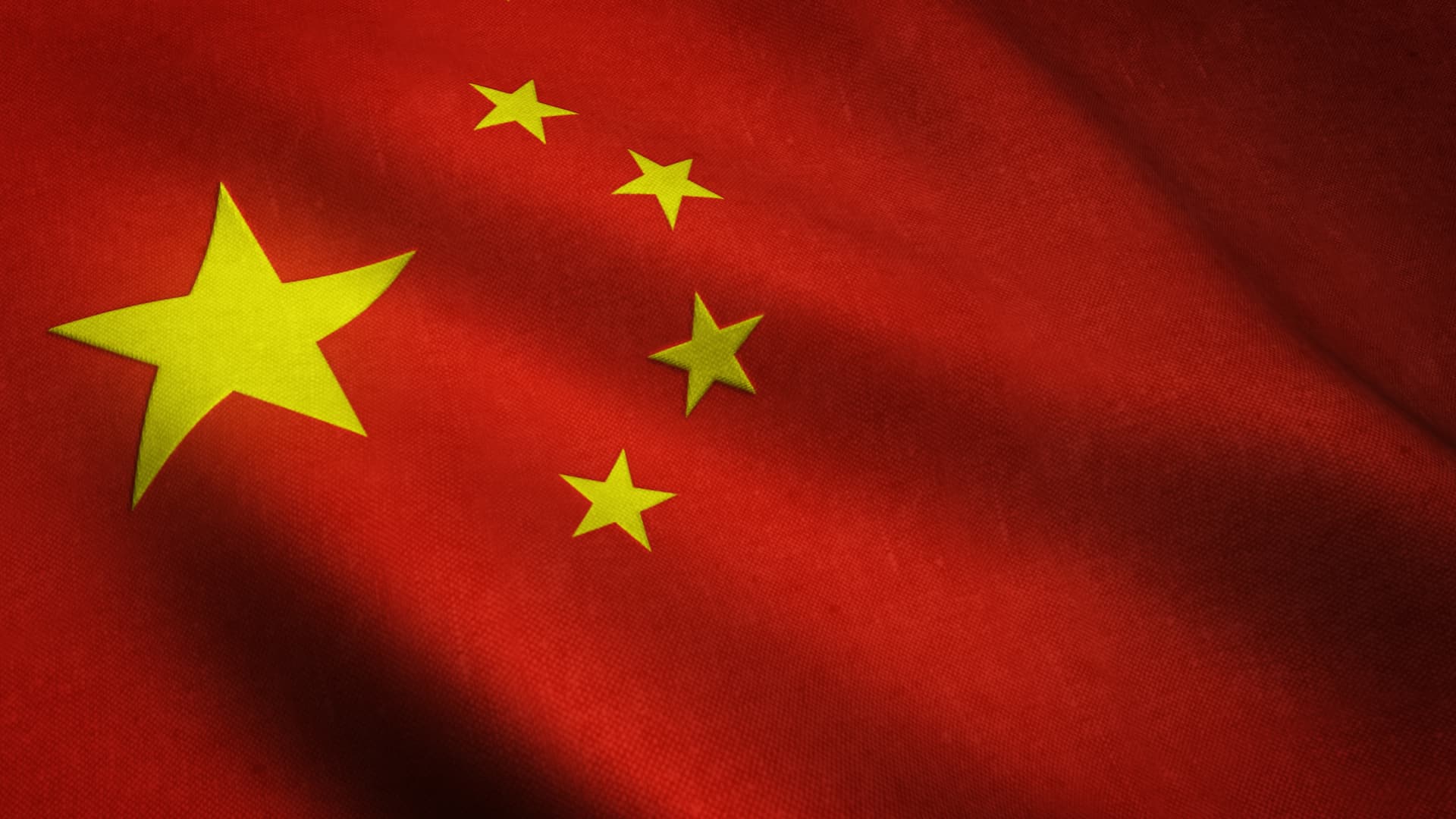India will host the AI Impact Summit 2026 on 19–20 February at Bharat Mandapam in New Delhi, marking the first global AI summit to be held in the Global South. Announced by Prime Minister Narendra Modi, the event is positioned as a major international forum aimed at advancing inclusive and action-oriented AI cooperation.
Organised by the Ministry of Electronics and Information Technology, the summit seeks to build on previous global AI gatherings while shifting the focus from high-level political statements to measurable outcomes.
Officials say the objective is to ensure that AI supports social development, sustainable growth and broader access to technological opportunities, particularly for developing nations.
The summit will be guided by three core principles known as the ‘Three Sutras’, namely People, Planet and Progress, and structured around seven thematic areas including human capital, inclusion, trusted AI, scientific collaboration and democratising AI resources.
These domains are intended to translate broad ambitions into concrete areas of multilateral action.
A series of pre-summit initiatives, including global challenges focused on inclusive AI, women-led innovation and youth participation, will take place in the lead-up to the event.
Organisers have also issued a global call for proposals, inviting institutions to host in-person sessions aligned with the summit’s themes, reinforcing India’s effort to shape a broader international conversation on AI governance and impact.
Would you like to learn more about AI, tech and digital diplomacy? If so, ask our Diplo chatbot!









